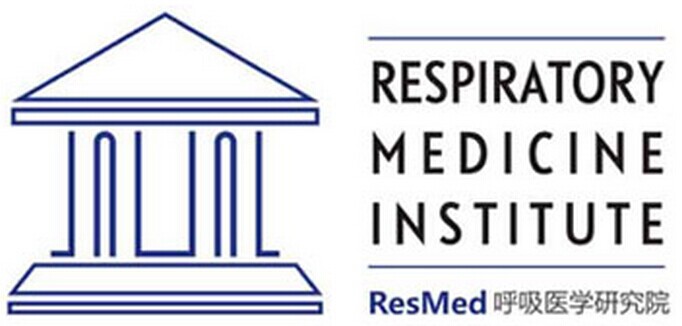
Cowie MR, Woehrle H, Wegscheider K, Angermann C, d'Ortho MP,Erdmann E, Levy P, Simonds A, Somers VK, et al
Imperial CollegeLondon (Royal Brompton Hospital), London, UK. carolyn_lam@nuhs.edu.sg
Eur J Heart Fail. 2013 Aug;15(8):937-43.
目的:中枢性睡眠呼吸暂停(CSA)/陈施式呼吸(CSR)是增加心衰患者死亡率和发病率的独立风险因素。适应性伺服通气(ASV)治疗心衰患者CSA/CSR的一种无创通气模式。
方法:SERVE-HF是多国家,多中心的随机平行组临床试验,用来评估,比较最佳药物治疗(对照组),在其基础上附加ASV(PaceWave,AutoSet CS; 瑞思迈)治疗,对有临床症状的,LVEF≤45%,且以CSA为主导慢性心衰患者的治疗效果。此临床试验以事件驱动组序贯设计为基础,最终分析将在651例事件被完全获得或研究在两个期中分析之中的一个终止时完成。目的是使随机化~1200例患者随访最少2年。患者将在临床试验组中直到研究结束。第一个病人在2008年2月随机入选,该研究预计在2015年中期完成。初期结合研究终点为由于心衰加重,心脏移植,心脏骤停复苏,或对埋藏式复律除颤器患者心室纤维性颤动或心室性心搏过速实施的合理救生电机而导致的所有原因的死亡,意外入院(或意外住院延期)的首次事件。
展望:SERVE-HF研究是一项随机试验,不但为ASV治疗对死亡率和发病率的影响提供重要数据,而且可作为治疗慢性心衰患者的成本效益疗法。
以下为英文原版:
Rationale and design of the SERVE-HF study: treatment of SDB with predominant CSA with adaptive servo-ventilation in patients with CHF.
AIMS: Central sleep apnoea/Cheyne-Stokes respiration (CSA/CSR) is a risk factorfor increased mortality and morbidity in heart failure (HF). Adaptiveservo-ventilation (ASV) is a non-invasive ventilation modality for the treatment of CSA/CSR in patients with HF.METHODS: SERVE-HF is a multinational, multicentre, randomized, parallel trialdesigned to assess the effects of addition of ASV (PaceWave, AutoSet CS; ResMed) to optimal medical management compared with medical management alone (controlgroup) in patients with symptomatic chronic HF, LVEF ≤45%, and predominant CSA.The trial is based on an event-driven group sequential design, and the finalanalysis will be performed when 651 events have been observed or the study is terminated at one of the two interim analyses. The aim is to randomize ∼1200patients to be followed for a minimum of 2 years. Patients are to stay in the trial up to study termination. The first patient was randomized in February 2008 and the study is expected to end mid 2015. The primary combined endpoint is the time to first event of all-cause death, unplanned hospitalization (or unplanned prolongation of a planned hospitalization) for worsening (chronic) HF, cardiac transplantation, resuscitation of sudden cardiac arrest, or appropriate life-saving shock for ventricular fibrillation or fast ventricular tachycardia in implantable cardioverter defibrillator patients. PERSPECTIVES: The SERVE-HF study is a randomized study that will provide important data on the effect of treatment with ASV on morbidity and mortality, as well as the cost-effectiveness of this therapy, in patients with chronic HF.
